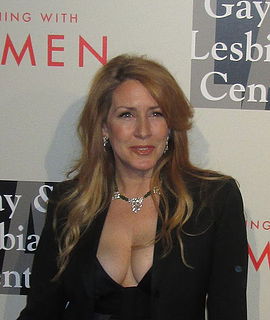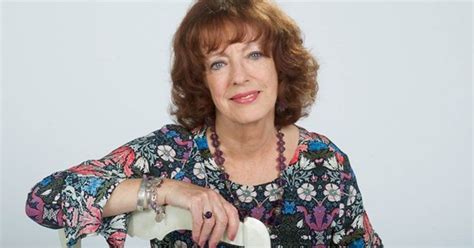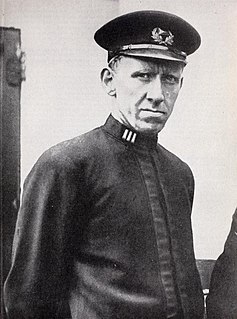A Quote by Jennifer Aniston
There are many stages of grief.
Quote Topics
Related Quotes
We’ve all heard of Dr. Elisabeth Kubler-Ross’ five stages of grief: denial, anger, bargaining, depression, and acceptance. In contrast, I realized, happiness has four stages. To eke out the most happiness from an experience we must: anticipate it, savor it as it unfolds, express happiness, and recall a happy memory.
Grief is not just a series of events, stages, or timelines. Our society places enormous pressure on us to get over loss, to get through grief. But how long do you grieve for a husband of fifty years, a teenager killed in a car accident, a four-year-old child: a year? Five years? Forever? The loss happens in time, in fact in a moment, but its aftermath lasts a lifetime.
There are many stages of grief. It's sad, something coming to an end. It cracks you open, in a way -- cracks you open to feeling. When you try to avoid the pain, it creates greater pain. I'm a human being, having a human experience in front of the world. I wish it weren't in front of the world. I try really hard to rise above it.


































